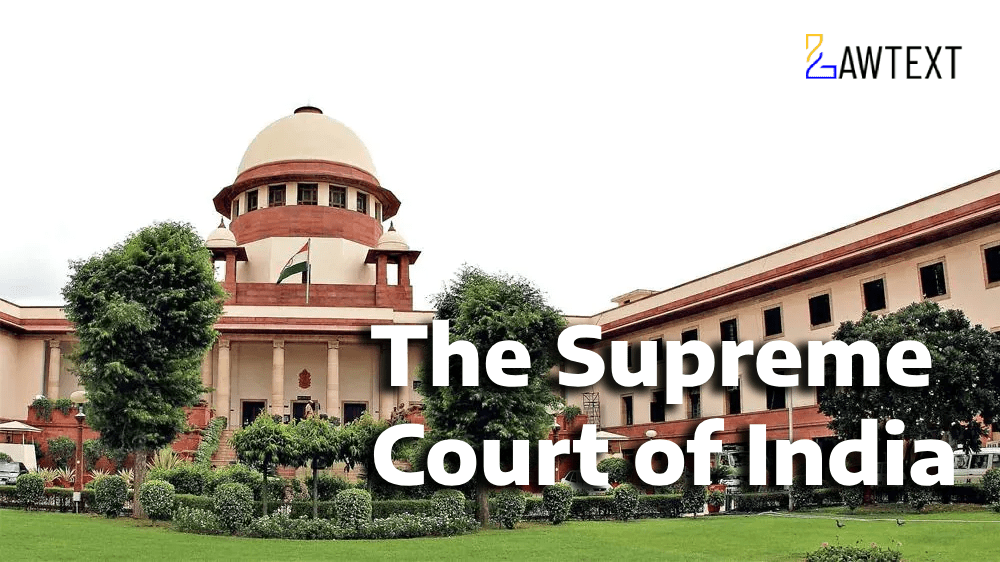Case Note & Summary
Appeal Against High Court Judgment on Compulsory Retirement in CRPF Case - Validity of Punishment under CRPF Act and Rules - Rule 27 of CRPF Rules allowing for compulsory retirement - Ultra vires or within Rule-making Power? - Procedural Fairness - Supreme Court allows appeal, affirms punishment of compulsory retirement.
Central Reserve Police Force Act and Rules - Punishment of Compulsory Retirement - Viability and Procedural Fairness
Overview of the CRPF Act and Rules: The Central Reserve Police Force Act (CRPF Act) establishes the framework for the constitution and regulation of the armed Central Reserve Police Force (CRPF). The Act vests superintendence, control, and administration of the Force in the Central Government. The Act categorizes offences as "more heinous" and "less heinous," with corresponding punishments of imprisonment and/or fine. Section 11 provides for minor punishments, subject to rules made under the Act.
Discussion/Analysis:
Punishment of Compulsory Retirement: The Act does not expressly provide for compulsory retirement as a punishment, but the CRPF Rules allow for its imposition. The question arises whether this rule is ultra vires the Act. The rule-making power of the Central Government under the Act is broad, allowing for rules to carry out the Act's purposes.
Interpretation of Rule-making Power: Judicial precedent suggests that when the Act confers general power with specific enumerated matters, the specific enumeration is illustrative and does not limit the general power. Therefore, rules made under the Act prevail over its provisions, as long as they are not inconsistent with the Act's purpose.
Validity of Compulsory Retirement: Compulsory retirement, though not traditionally considered a punishment, serves the purpose of maintaining efficiency in the Force. The Act's intent to vest control over the Force in the Central Government implies the authority to prescribe punishments beyond those explicitly stated.
Procedural Fairness: The disciplinary proceedings against the respondent were based on evidence of assault on a colleague during training. The punishment of compulsory retirement was found to be proportionate to the proven misconduct, considering the respondent's past service and the seriousness of the offence.
Conclusion: The appeal was allowed, setting aside the High Court's order. The punishment of compulsory retirement imposed on the respondent was affirmed, with no costs awarded.
The CRPF Act and Rules allow for the imposition of compulsory retirement as a punishment, provided it serves the Act's purpose of maintaining discipline and efficiency in the Force. The punishment imposed on the respondent in this case was found to be procedurally fair and proportionate to the misconduct, warranting no interference from the courts.
Issue of Consideration: Union Of India & Ors. vs Santosh Kumar Tiwari
Premium Content
The Issue of Consideration is only available to subscribed members.
Subscribe Now to access critical case issues





